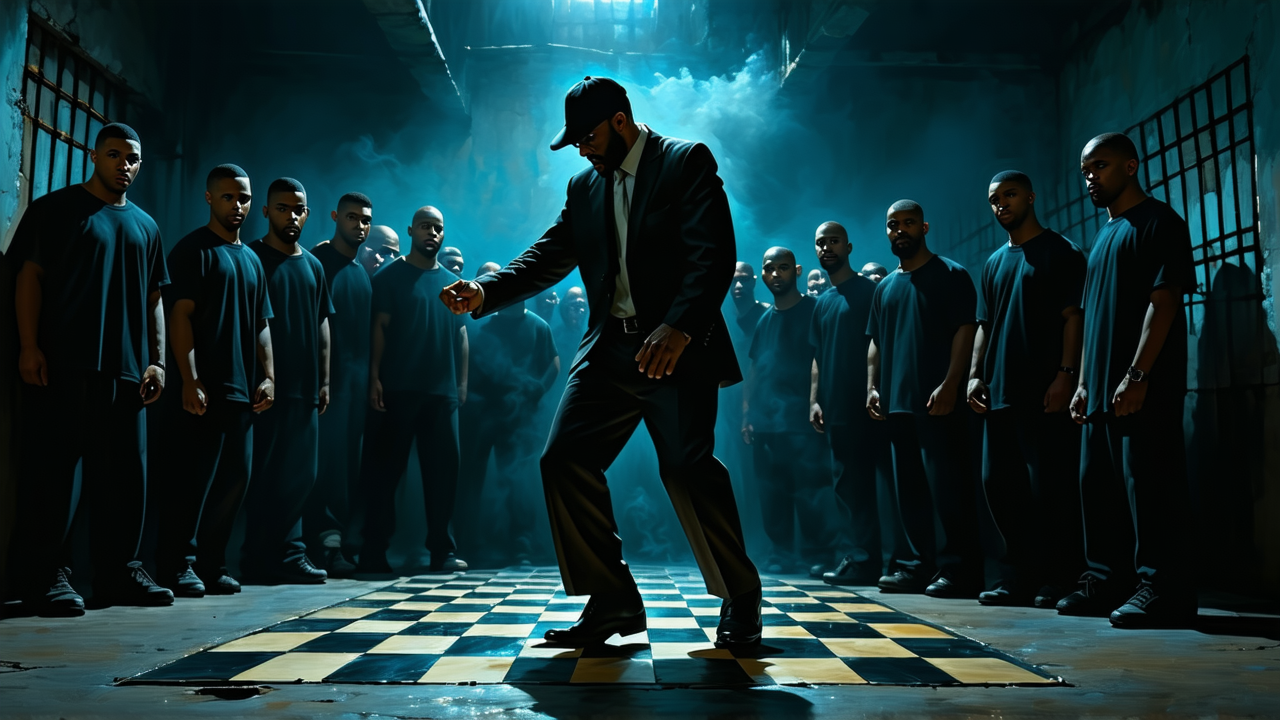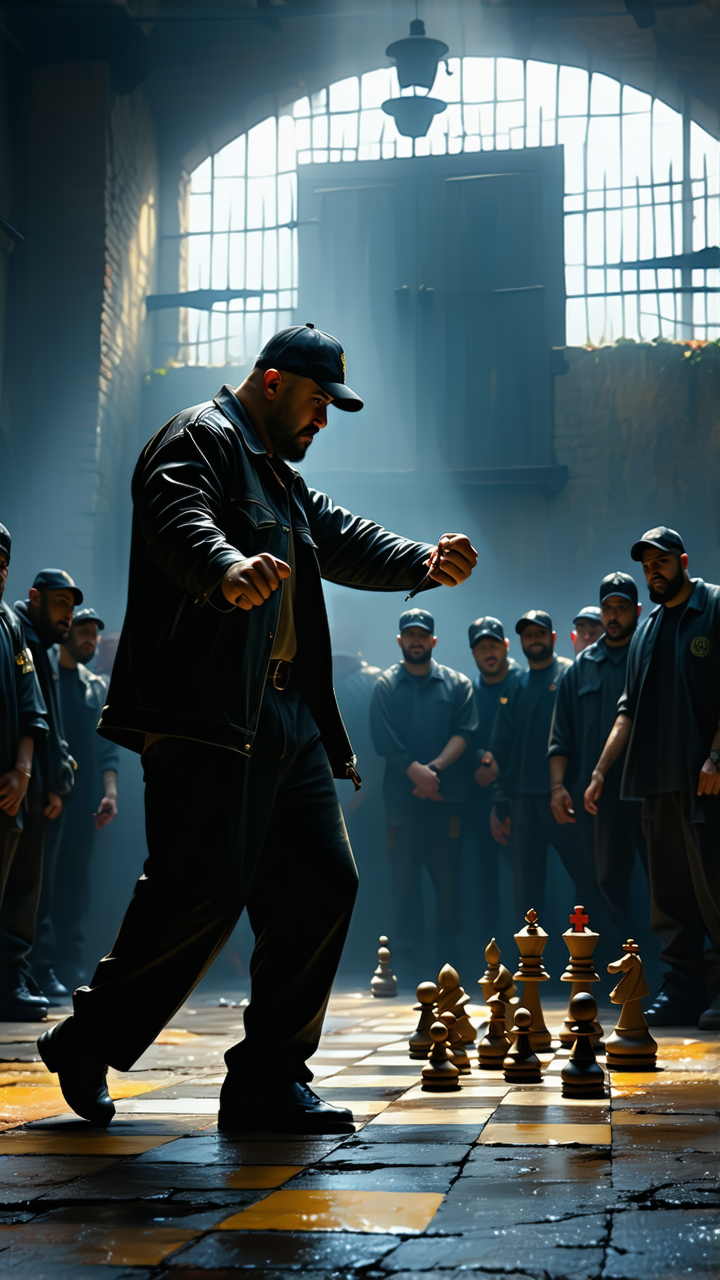Gang Leader Accused of Aiding $20M Meth Import from Behind Bars
Gang Leader Accused of Aiding $20M Meth Import from Behind Bars
A high-profile criminal case has captivated the courts as a gang leader faces charges of orchestrating a $20 million methamphetamine import operation while incarcerated. The accused, already serving a long prison sentence, has been charged with participating in organized criminal activity and importing drugs, which could result in additional life imprisonment if found guilty.
A Leadership Role in a Criminal Enterprise
Prosecutors argue that the gang leader, despite being behind bars, maintained a strong and direct leadership role over his criminal organization. Evidence presented in court included a handwritten tax plan designed to funnel profits back into the gang, as well as a recorded Christmas message distributed to members that emphasized the importance of leadership and growth through challenges.
Gang expert Ray Sunkel, a former detective sergeant with the National Organised Crime Group, testified that the defendant is the figurehead of the gang and that all major decisions typically pass through him. Sunkel, who has spent 25 years in law enforcement, stated that the gang leader continues to exert influence even from prison.
Circumstantial Evidence and the Celebratory Dance
The prosecution's case is entirely circumstantial, as the gang leader did not appear in any encrypted chat groups used to plan the import. However, prosecutors highlighted CCTV footage from the prison yard that they claim shows the gang leader celebrating shortly after the arrival of drug-laden farm equipment at a safe house.
In the footage, the gang leader was seen dancing in his seat while playing chess, moments after two associates who admitted involvement in the import were seen entering a nearby cell. Prosecutors speculate that the dance was a reaction to the success of the operation, citing the timing of the footage and encrypted messages.
Defense Challenges the Inferences
The defense, however, argues that the prosecution is drawing speculative and untenable inferences from the evidence. Defense lawyer Ron Mansfield KC pointed out that the gang leader has been known to dance while playing chess and that the footage could simply reflect a personal reaction to a joke or a successful move on the board.
Mansfield also emphasized that the gang leader was close to being released on parole at the time of the import and had a strong motivation to stay clean and return to his family, many of whom attended the court proceedings. He argued that the prosecution's case lacks real and reliable evidence to support a finding of guilt beyond a reasonable doubt.
The Verdict to Come
Judge Belinda Sellars has reserved her decision after a week-long hearing and scheduled a follow-up hearing for October to announce the verdict. If found guilty, the gang leader could face additional life imprisonment, in addition to his current sentence, as well as a 10-year prison term for participating in organized criminal activity.
The case highlights the complex nature of criminal enterprises and the challenges of proving involvement in such operations when key figures are incarcerated. It also underscores the legal principles that require strong, direct evidence rather than speculative inferences in criminal trials.

